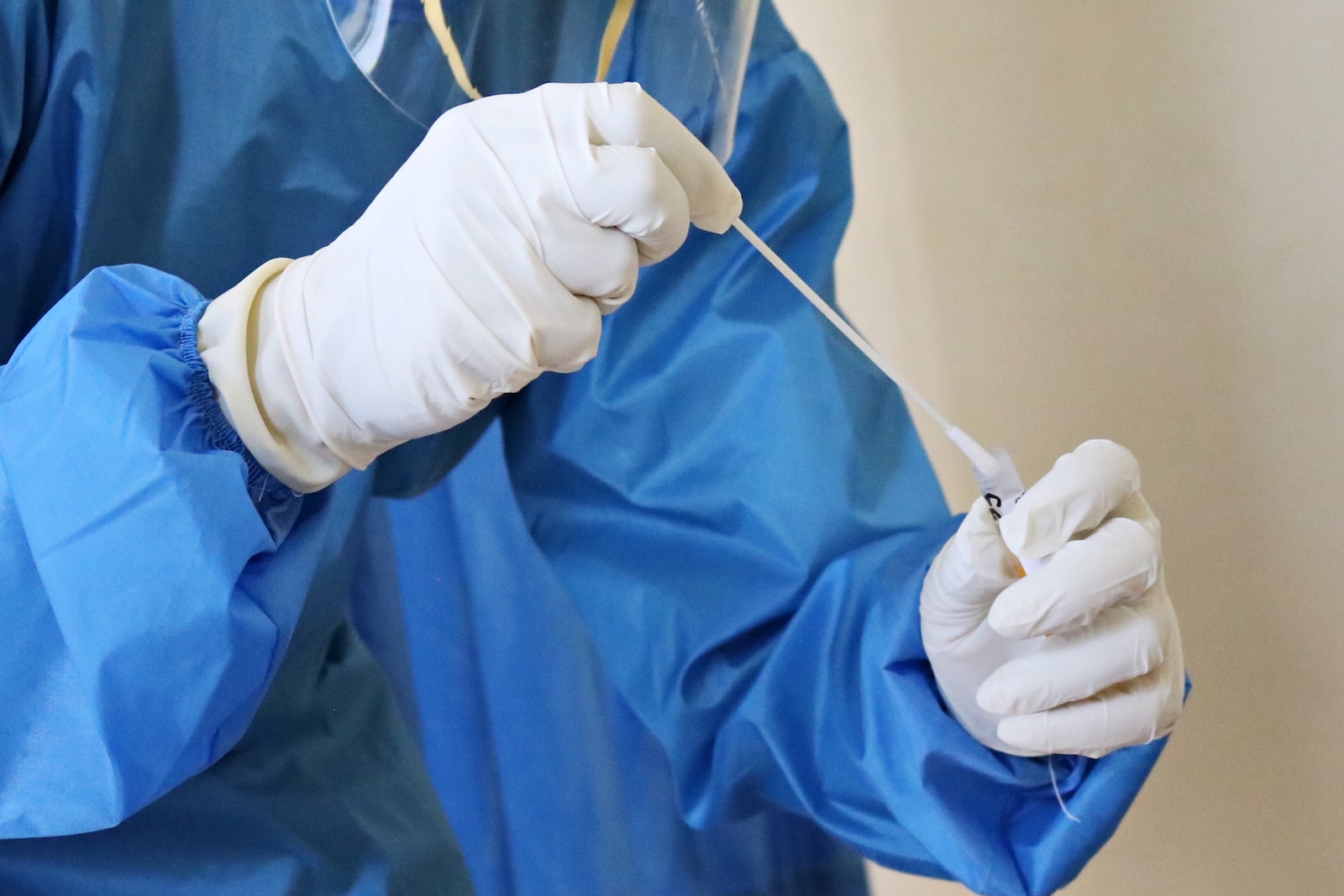![]()
Covid New Variant Symptoms: Reports of respiratory illnesses have surged to “high” or “very high” levels across at least 16 state or major city health departments, according to the WHO and Centers for Disease Control and Prevention (CDC). This escalation is attributed to the accelerating trends of both COVID-19 and influenza in various parts of the country. Despite the rise of the JN.1 COVID variant driving the current winter wave, officials assert that no new or unusual symptoms have been observed thus far.
Unraveling the Symptomatic Enigma: Are COVID-19 Symptoms Unchanged?
The Challenge of Variant-Specific Symptoms
Distinguishing subtle changes in symptoms caused by different COVID-19 variants proves challenging. The diverse array of antibodies resulting from vaccinations, prior infections, or both adds complexity. The CDC, in a report on December 8 discussing the Covid New Variant Symptoms JN.1 strain, emphasizes that symptoms and their severity correlate more with an individual’s immunity and overall health than the specific variant causing the infection.
Insights from the United Kingdom
Common Winter Symptoms
Survey data from the United Kingdom’s health authorities, experiencing a similar surge in COVID-19 and influenza, outlines prevalent symptoms reported during this winter’s onslaught of respiratory infections. Among surveyed residents, common symptoms include:
- Runny Nose (31.1%)
- Cough (22.9%)
- Headache (20.1%)
- Weakness or Tiredness (19.6%)
- Muscle Ache (15.8%)
- Sore Throat (13.2%)
- Trouble Sleeping (10.8%)
- Worry or Anxiety (10.5%)
The differentiation of these symptoms based on COVID-19 positivity versus other infections remains unclear. Detailed analyses may emerge as sample sizes grow, according to Jonathon Mellor from the U.K. Health Security Agency.
Symptomatic Overlaps: Insights from Past Research
Winter Symptom Similarities
Previous research from the U.K. and other waves of COVID-19 emphasizes the challenge of distinguishing symptoms between SARS-CoV-2, influenza, and RSV. A preprint from last winter found similarities in symptoms such as cough, sore throat, sneezing, fatigue, and headache among the three infections.
Evolving Trends: Incubation Period and Long COVID
Shortening Incubation Period
Scientists note a gradual decline in the incubation period of COVID-19. Research from Japan and Singapore suggests it may have shortened to 2 to 3 days on average.
Decline in Long COVID Rates
Data indicates a potential decline in long COVID rates since the pandemic’s onset. Approximately 1 in 10 adults with previous COVID-19 were experiencing long COVID at the end of the study period, according to a CDC study in August. However, the prevalence remained unchanged since January 2023.
Testing Landscape: Recommendations and Considerations
Unchanged Testing Guidance
U.S. authorities maintain largely unchanged guidance for testing and treatment this winter. Home tests, including free rapid antigen kits, can be requested, with the FDA advising a retest 48 hours after a negative result if symptoms persist.
Molecular Tests Accuracy
Home molecular tests, like the Lucira kit, have yielded more accurate results, correctly identifying 88.3% of positive COVID-19 samples.
Exploring New Testing Approaches
Some advocate swabbing inside the throat or mouth for improved testing accuracy. While not yet authorized by the FDA for home tests, the agency expresses openness to considering such approaches, provided safety concerns are addressed.
As the symptomatic landscape evolves, staying informed about testing options and adhering to health guidelines remains crucial in navigating the complex terrain of respiratory infections.


